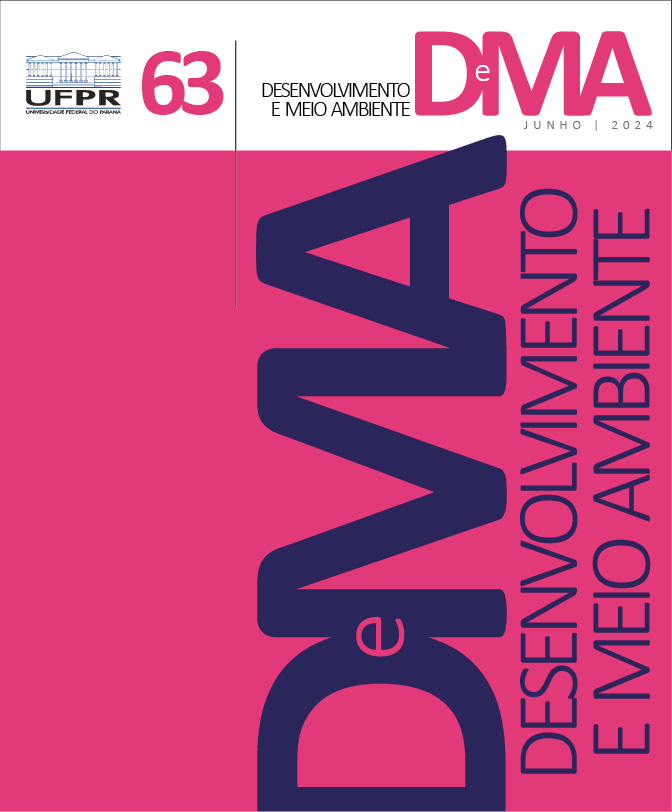Remodeling the demersal fishery management system of southeastern and southern Brazil
DOI:
https://doi.org/10.5380/dma.v63i0.90561Keywords:
demersal fishery, Southeast and South Brazil, ecosystem-based fishery management, space-based fishery managementAbstract
Demersal fishing in southeastern and southern Brazil has expanded since the 1990s to include a variety of fish and shellfish species available in the Brazilian Meridional Margin. Fisheries management, on the other hand, has remained focused on a few target species, never evolving to accommodate multiple species and fisheries. This scenario has allowed for the development of poorly controlled multispecies - multifleet fisheries, which have placed demersal stocks under pressure and made them susceptible to overfishing and local depletion. Between 2018 and 2022, a consortium formed by 19 fishery scientists from 10 research institutes addressed different aspects of this scenario, identifying the need to remodel the management system by (a) renouncing species/ stocks as the target of management and (b) raising the importance of elements that prevent degradation of marine ecosystems. Formed in the context of a governmental call for projects focused on fisheries science and management around the country, this consortium developed the conceptual and empiric foundations of a fishing management system that considers “geographic management units” and is “based on the ecosystem.” This essay describes the process of critical reflection that motivated the development of a proposal for remodeling the demersal fisheries management system in the region of Southeast and South Brazil, based on fundamental aspects that could be modified given the support of scientific knowledge and national and international experiences.
Downloads
Published
How to Cite
Issue
Section
License
Copyright on works published in this journal rests with the author, with first publication rights for the journal. The content of published works is the sole responsibility of the authors. DMA is an open access journal and has adopted the Creative Commons Attribution 4.0 Not Adapted (CC-BY) license since January 2023. Therefore, when published by this journal, articles are free to share (copy and redistribute the material in any medium or format for any purpose, even commercial) and adapt (remix, transform, and create from the material for any purpose, even commercial). You must give appropriate credit, provide a link to the license and indicate if changes have been made.
The contents published by DMA from v. 53, 2020 to v. 60, 2022 are protected by the Creative Commons Attribution-NonCommercial-NoDerivatives 4.0 International license.
DMA has been an open access journal since its creation, however, from v.1 of 2000 to v. 52 of 2019, the journal did not adopt a Creative Commons license and therefore the type of license is not indicated on the first page of the articles.




